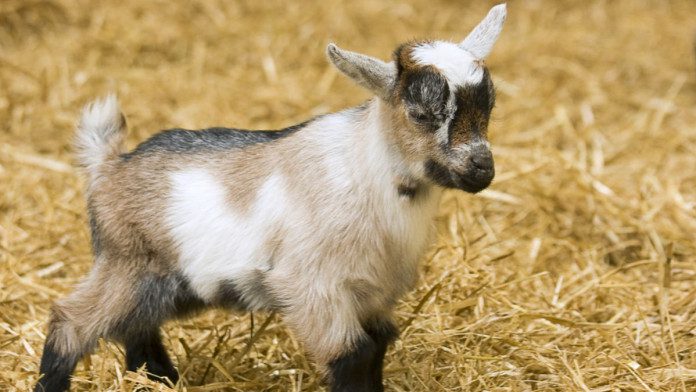News in Brief:
– Kwara State partnered with the World Bank to train extension agents and farmers on raising small ruminants and using crop residue for feed.
– This initiative highlights the state’s commitment to empowering farmers and achieving long-term food security through sustainable livestock production.
In a collaborative effort to enhance food security in Nigeria, Kwara state government, in partnership with the World Bank and other stakeholders, has trained 100 extension agents and farmers on improved livestock production techniques.
The training programme aims to empower participants with knowledge on breeding and raising small ruminants (sheep and goats) alongside efficient utilisation of crop residues for animal feed. It was designed to improve overall livestock productivity in the state, according to a news release.
Also, this initiative aligns with global trends towards promoting sustainable agricultural practices. Studies by the Food and Agriculture Organisation (FAO) highlight the potential of small ruminant production for meat production and income generation, particularly for smallholder farmers.
Importance of extension agents and collaboration
Meantime, the programme’s organisers recognise the crucial role of extension agents in disseminating knowledge and best practices to farmers.
Nigeria’s Minister of State for Agriculture and Food Security, Dr Aliyu Sabi Abdullahi, stated that they play a vital role in ‘sensitisation activities’ and will be central to the success of the Livestock Productivity and Resilience Support Project (L-PRES).
Effectively, this collaborative approach, involving the Kwara State government, L-PRES, the Centre for Dryland Agriculture (CDA), and the World Bank, demonstrates a commitment to leveraging expertise and resources for maximum impact.
Long-term vision for food security
The Kwara state government’s vision extends beyond this initial training. As highlighted by the state commissioner for Agriculture and Rural Development, Oloruntoyosi Thomas, the programme aims to train over 1,000 extension agents in the next two years.
This commitment signifies a long-term strategy for bolstering agricultural knowledge and expertise within the state. The training is important for a few key reasons:
1. Improved Livestock Productivity: By teaching farmers proper techniques for raising small ruminants and utilising crop residue for feed, the training aims to increase the overall yield and quality of meat production in Kwara state.
2. Sustainability: The focus on crop residue for feed promotes a more sustainable agricultural practice. It aids in reducing waste and minimising reliance on non-renewable resources.
3. Knowledge Transfer: Training extension agents equips them to effectively share best practices with farmers at the ground level. This ensures a wider adoption of these improved techniques. Also, it empowers farmers and contributes to long-term food security within the state.
Overview of livestock farming in Nigeria
Livestock farming in Nigeria is a significant sector but faces challenges that limit its potential. Here’s a breakdown of the situation with facts.
Positives:
- High production numbers: Nigeria is a leading livestock producer in West Africa, boasting millions of heads of cattle, sheep, goats, and poultry.
- Employment and income: Livestock farming is a major source of income and employment. This is particularly so in rural areas, with millions involved in the industry.
Challenges:
- Predominantly smallholder farmers: The majority of livestock farming is done by smallholder families and nomadic herders who lack access to advanced technology and infrastructure.
- Low Productivity: Despite high numbers, overall productivity is low due to factors like limited veterinary services, inadequate feed quality, and reliance on traditional methods.
- Feed scarcity: Seasonal changes and limited processing of crop residues present challenges in consistently providing sufficient and nutritious feed for livestock.
- Disease Outbreaks: Transboundary animal diseases pose a constant threat to livestock health and production.
These challenges in livestock production and handling informed the recent decision of Nigeria’s federal government to create a ministry specifically dedicated to livestock.
Furthermore, the Kwara state program highlighted earlier is an example of efforts to address these challenges by training farmers and promoting sustainable feed production methods.



